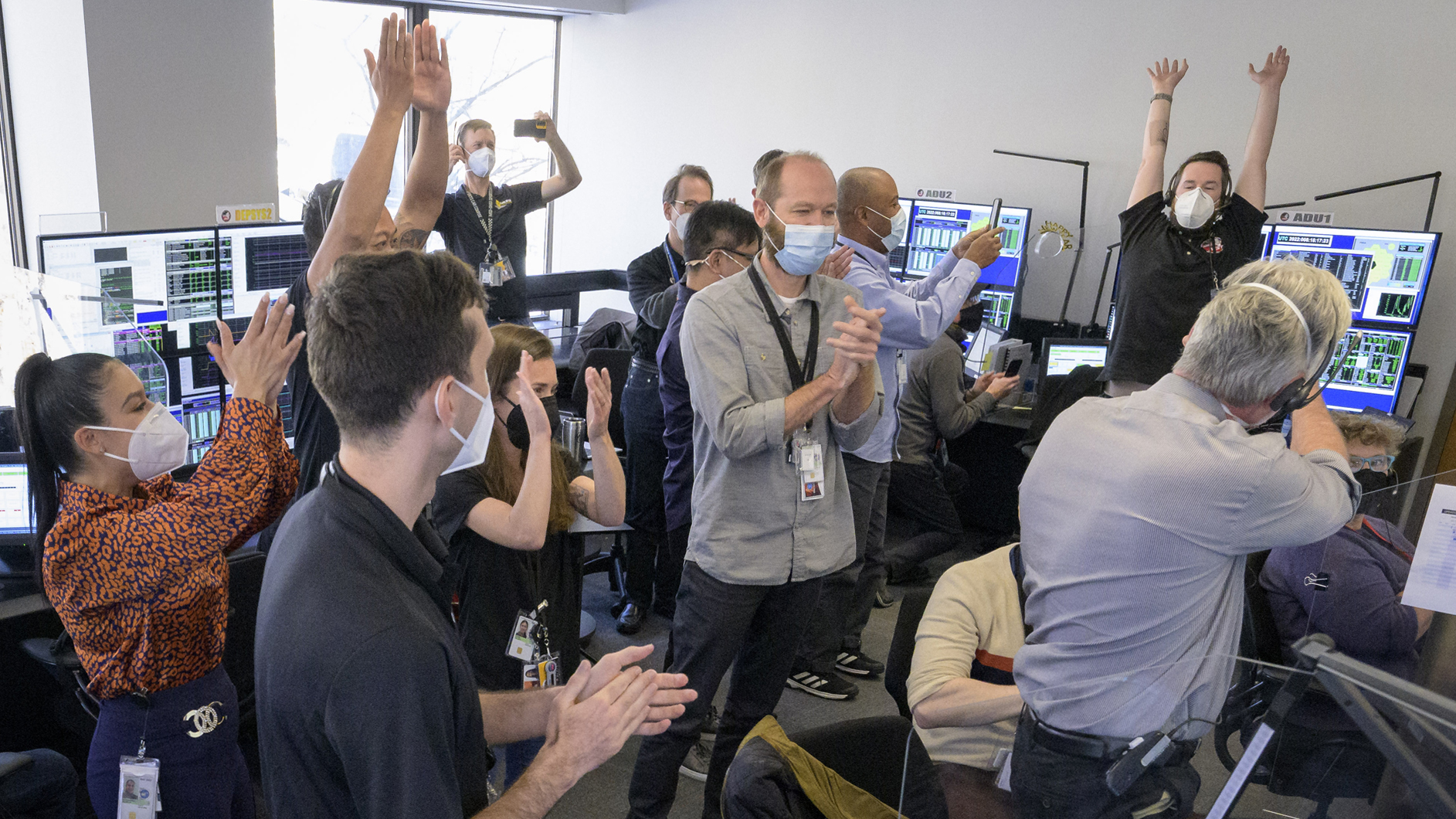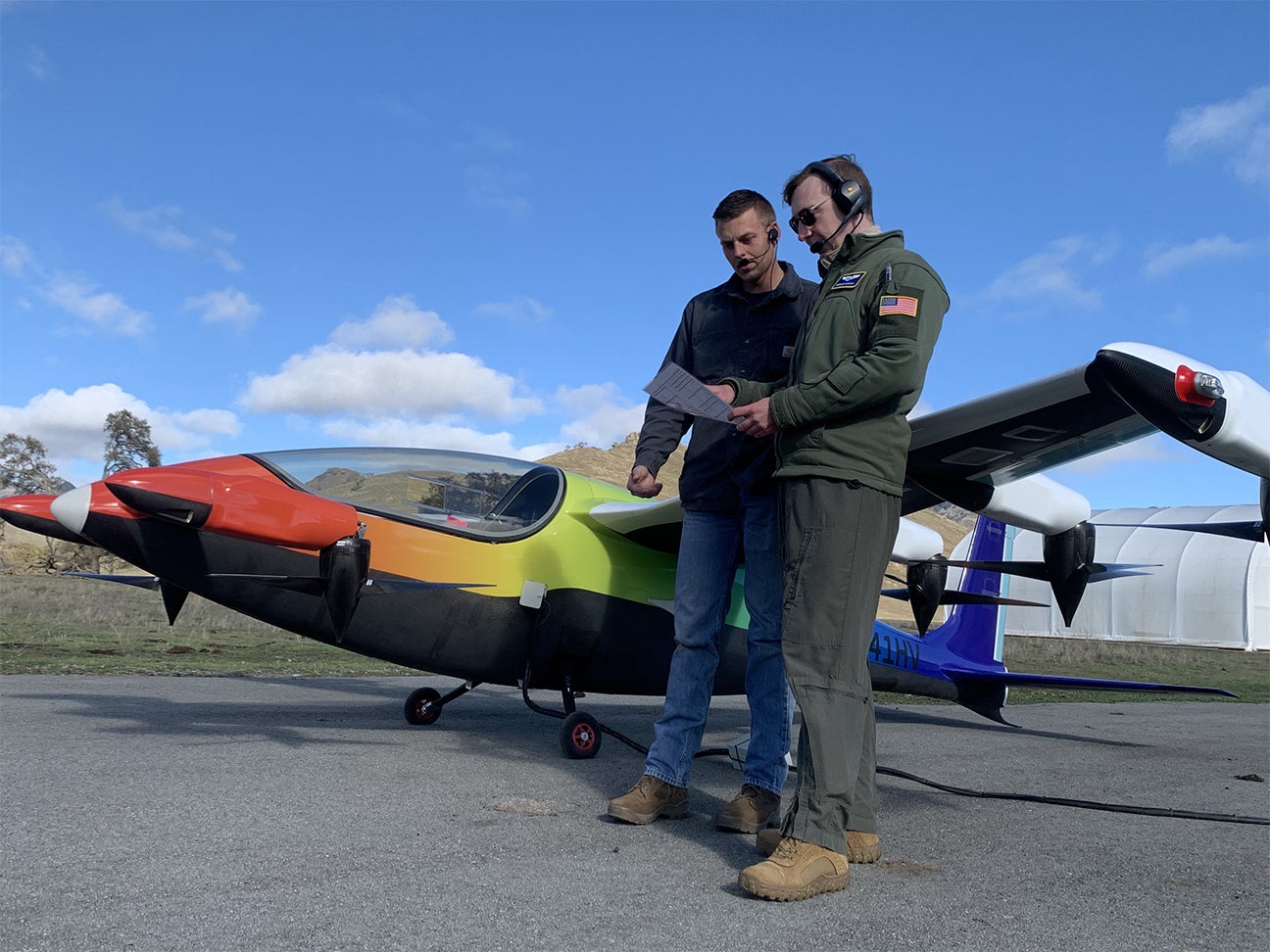As cold relics in an increasingly warming world, plants of the spoonweed group time and again quickly adapted to a changing climate during the Ice Ages of the last two million years. An international team of evolutionary biologists and botanists led by Prof. Dr Marcus Koch of Heidelberg University used genomic analyses to study what factors favour adaptation to extreme climatic conditions. The evolutionary history of the Brassicaceae family provides insights into how plants may be able to cope with climate change in the future.
“With the challenges of increasing global warming, developing a basic understanding of how plants adapted to severe environmental change is increasingly urgent,” stresses Prof. Koch, whose “Biodiversity and Plant Systematics” working group conducts research at the Centre for Organismal Studies (COS). In many cases, their evolutionary past also strongly determines the future adaptability of plants as well as their ability to develop into new forms and types, he continues. The spoonweed genus, or Latin Cochlearia, from the Brassicaceae family separated from its Mediterranean relatives more than ten million years ago. While their direct descendants specialised in response to drought stress, the spoonweeds conquered the cold and arctic habitats at the beginning of the Ice Age 2.5 million years ago.
In controlled lab experiments, the researchers studied cultivated species from both groups to determine how they repeatedly adapted during the relatively rapidly alternating cold and warm periods over the last two million years. A “cold training” indicates that the physiological adaptations to drought and salt stress during their early evolution later helped the plants develop a high tolerance to cold. Although the researchers expected that both groups would show a pronounced response to this “cold training,” there appeared to be no significant difference in response to cold stress between the cold specialists of the Arctic and Alpine regions and the dry specialists or species adapted to salt water from the Mediterranean.
Furthermore, the newly emerged plants adapted to cold developed separate gene pools that frequently came into contact with one another in the cold regions. Because spoonweeds have hardly any genetic barriers to contact between species, populations with multiple sets of chromosomes developed that, subsequently, were continually reduced in their size. “Time after time, these species were then able to occupy cold ecological niches,” explains Marcus Koch.
While the gene pool of the cold specialists from the Arctic expanded, the European spoonweed population has shrunk since the last Ice Age. Cold habitats in Europe are disappearing in the face of significant global warming, thus seriously endangering all spoonweed species. Only the Danish spoonweed, with its abundant sets of chromosomes, remains unscathed and in some cases is even spreading. “It is the only species of spoonweed that changed its life cycle and flourishes in salt and sand locations. In some of its ecological features, it resembles its faraway Mediterranean cousins,” adds Prof. Koch. For the researchers, the physiological adaptability of the spoonweeds makes them a promising model system to simultaneously study adaptations to drought, cold, and salt stress.
The research was conducted mainly within the framework of the priority programme “Evolutionary Plant Solutions to Ecological Challenges” (SPP 1529) of the German Research Foundation. The data are available in a public access database. The results of the research were published in the journal eLife.
Story Source:
Materials provided by Heidelberg University. Note: Content may be edited for style and length.
Note: This article have been indexed to our site. We do not claim legitimacy, ownership or copyright of any of the content above. To see the article at original source Click Here













